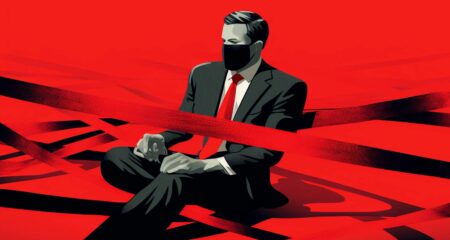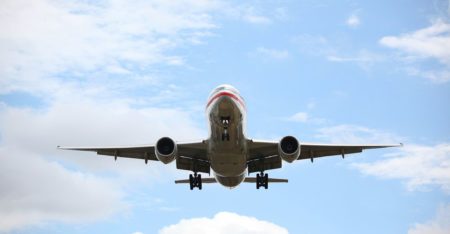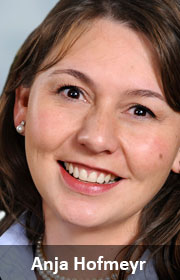 As technology progresses, so, too, must our laws.
As technology progresses, so, too, must our laws.
Drones, formally known as remotely piloted aircraft (RPA), have been around for at least a decade, but their application was limited and costs prohibitive.
Today, however, the dramatically increased availability of drones demands additional regulation of the skies.
Although the International Civil Aviation Organisation has yet to announce an international standard for drone regulation, South Africa’s ministry of transport has introduced regulations, effective from 1 July 2015, which are among the most stringent anywhere on the globe.
These regulations will affect most drones, from those recording our news to those dispensing beer at music festivals (drones dispensing anything will be subject to additional licencing requirements).
P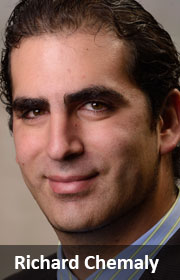 rior to 1 July, the only regulations affecting drones was captured in two brief sections of part 94 of the civil aviation regulations. Fortunately for hobbyists (those using model or toy aircraft), these sections still apply exclusively. This means that no licence would be required and distance thresholds are 150 feet above the surface and from any public road.
rior to 1 July, the only regulations affecting drones was captured in two brief sections of part 94 of the civil aviation regulations. Fortunately for hobbyists (those using model or toy aircraft), these sections still apply exclusively. This means that no licence would be required and distance thresholds are 150 feet above the surface and from any public road.
The newly adopted 29-page regulations (known as part 101), apply to everything from private to commercial use. Private-use regulation is fairly restricted and entails that the use drone has no commercial interest; the drone is operated on property owned by the operator (or on property that the operator has the necessary permission to fly on); and distance thresholds (500m from the pilot and never higher than any obstacle within 300m from the pilot) of operation are maintained.
Although certain universal standards of use still apply to private use, there is no obligation to have the RPA approved and registered, nor is there a licencing requirement.
If one wants to operate a drone for anything other than private use, the drone must first be approved and registered by the South African Civil Aviation Authority, while the operator will require a RPA pilot’s licence. Acquiring the licence requires medical certification, certification of radiotelephony, English proficiency, flight training, and passing both a theoretical examination and skills test. The licence is valid for 24 months and applicants must be over 18 years old. The licence holder will have to undergo a revalidation check 90 days prior to the expiry of the licence in order to renew it.
RPA licences may be issued in three categories: aeroplane, helicopter or multi-rotor. Similar to conventional aircraft licencing, additional rating may be endorsed on a licence including visual line-of-sight operations, extended visual line-of-sight operations and beyond visual line-of-sight operations. RPA pilots will also have to maintain a pilot logbook detailing each flight.
If the above regulations seem strict, the regulations to operate an entire remotely piloted aircraft system are even stricter. They include licensing with a lifespan of 12 months at a time; requirements to report to the director of civil aviation; and the development of an operations manual indicating how they intend to comply with the regulations (which further include requirements to do background and criminal checks on staff, adequate document security and third-party liability insurance).
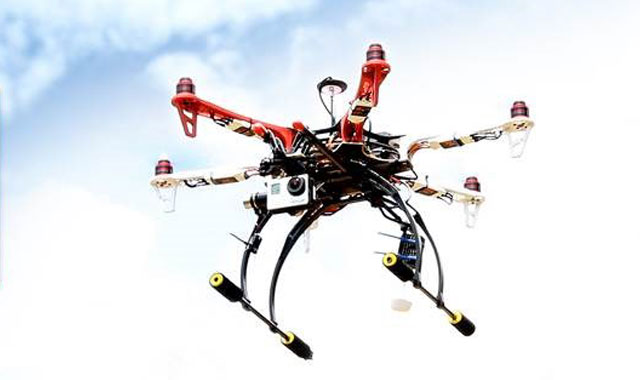
The general regulations on the use of any drone (including for private use) restrict alcohol consumption, require pre-flight preparations, limit the operation to a lateral distance of 50m from any structure or public road and require that the operator maintains at least a 10% surplus fuel reserve and has a first-aid kit and a fire extinguisher within 300m of the take-off and landing point/s. Considering traffic, drones must always give way to manned aircraft.
The practical applications of RPAs are endless and thus the regulation of the industry was inevitable. As most other jurisdictions lag behind on regulating the drone industry, South Africa is leading the fleet and has developed an extensive policy which places the requirements of RPA pilots closer to those of manned piloted aircraft pilots.
The regulations evidently aim to manage drones in the civil sphere with a significant emphasis on safety and training. The infinite applications of RPA require stringent regulation, especially considering the lack of an international framework and the infancy of the industry.
Although anybody above the age of 18 will be allowed to purchase a drone (with or without a licence), the regulations restrict the use of drones dramatically. It is advisable that people and organisations making use of drones seek advice to develop a policy, in line with the new regulations, to avoid non-compliance and criminal sanctions.
- Anja Hofmeyr is director and Richard Chemaly candidate attorney in dispute resolution at Cliffe Dekker Hofmeyr


